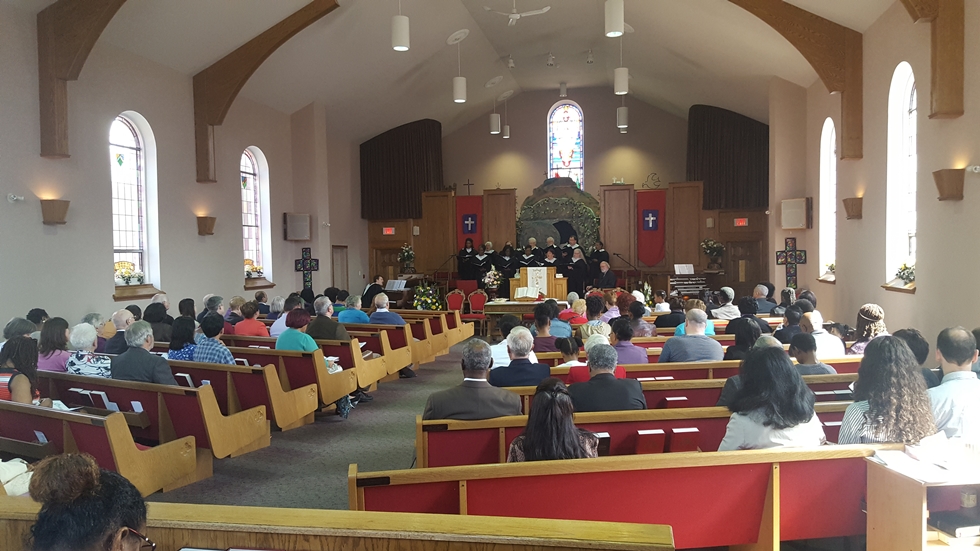Magnifying the LORD
“Let all those that seek Thee rejoice and be glad in Thee: and let such as love Thy salvation say continually, ‘Let Elohim be magnified.’”
Psalm 70:4
“I eagerly expect and hope that I will in no way be ashamed, but will have sufficient courage so that now as always Christ will be exalted in my body, whether by life or by death. For to me, to live is Christ and to die is gain.”
Philippians 1:20-21
What a precious little Psalm is this seventieth one. Here we have a brief prayer, in a grouping of Messianic prayer Psalms, a statement of what is at the heart of the believing life. Psalm 4b states “Let Elohim be magnified.” In making this statement the Psalmist confronts us with a crucial question. Did we truly magnify the LORD today? The word used here means to enlarge Him. Through my attitude and behavior today did I cause the view that others have of the LORD to be enlarged? Such a question must be answered biblically.
“Erich Auerbach (1953: 14–15) captured this when he wrote: The Bible’s claim to truth is not only far more urgent than Homer’s, it is tyrannical – it excludes all other claims. The world of the Scripture stories is not satisfied with claiming to be a historically true reality – it insists that it is the only real world, is destined for autocracy. All other scenes, issues, and ordinances have no right to appear independently of it, and it is promised that all of them, the history of all mankind, will be given their due place within its frame, will be subordinated to it. The Scripture stories do not, like Homer’s, court our favor, they do not flatter us that they may please us and enchant us – they seek to subject us, and if we refuse to be subjected we are rebels.” (from “With the Clouds of Heaven: The Book of Daniel in Biblical Theology (New Studies in Biblical Theology 32)” by Jr. James M. Hamilton)
Have we been conquered by the Bible? Has its message reached deep into our lives and remade us? In this precious little Psalm we have the prayer of the Messiah in which we are confronted by a clear choice. Are we among those who are seeking His death through our unbelief? Or are we among those who through faith are seeking Him and the salvation He brings? If we love His salvation we will be finding ourselves magnifying Him with every part of our lives.
To choose Christ means to be made over into a new creation. This can be defined as living in the grace of God in a way that magnifies the LORD in all of our living or dying. Such a life is a biblical one. We are called to be subject to the Word of God. Of first importance then is that we know and apply the Word of God to our lives. This requires that we make them our priority. We must read, and study, the Bible applying it to our day to day living.
Whenever we wish to excel at a task it is essential that we must put work into mastering it. If we are to become knowledgeable in the Bible then we must spend time and effort in its study. This is the only way in which we can begin to magnify the LORD Jesus Christ. Such a life must be lived joyfully and lovingly. It is not a duty that we must grit our teeth and endure. It is a joy which we live in His grace. We love the salvation that He has graciously given to us in Christ. It is God’s work in us and it is glorious.
The question for us is this. Does this joy and love show itself clearly in our day to day living?
